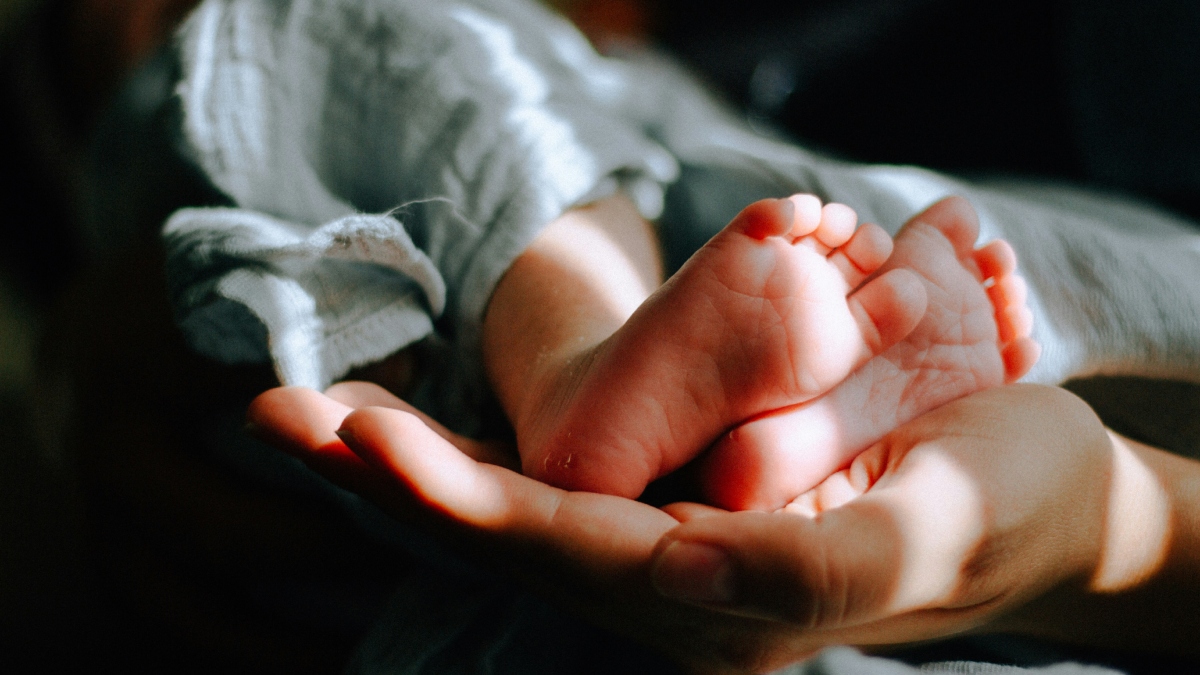Japan is introducing stricter regulations on how baby names can be pronounced, aiming to curb the growing trend of unconventional and foreign-sounding names, such as “Pikachu” or “Nike,” that use kanji characters in unorthodox ways.
Starting Monday, only established and widely recognized readings of kanji will be accepted in the country’s official family registry. This move follows the implementation of a new law that requires the pronunciation of names to be explicitly recorded—a shift meant to reduce confusion and administrative difficulties caused by unusual names.
Under the current system, parents often choose kanji based on how they want the name to sound, rather than how the characters are traditionally read. This has led to the rise of what are known in Japan as kirakira or “glittery” names. While sometimes creative, these names have drawn criticism for being difficult to read and sometimes socially burdensome for children.
The Japanese government hopes the new rules will address longstanding issues faced by schools, hospitals, and public offices that struggle with interpreting and documenting highly nontraditional names. Authorities also cited concerns over the potential for bullying and social stigma faced by children with overly flashy or odd names.
To ensure a smooth transition, households will receive postcards showing their registered name pronunciations. Residents will be given one year to request any changes or corrections. For newborns, parents will be required to clarify their preferred pronunciation. If a name’s reading is unclear or questionable, it could be referred to a legal office for review.






